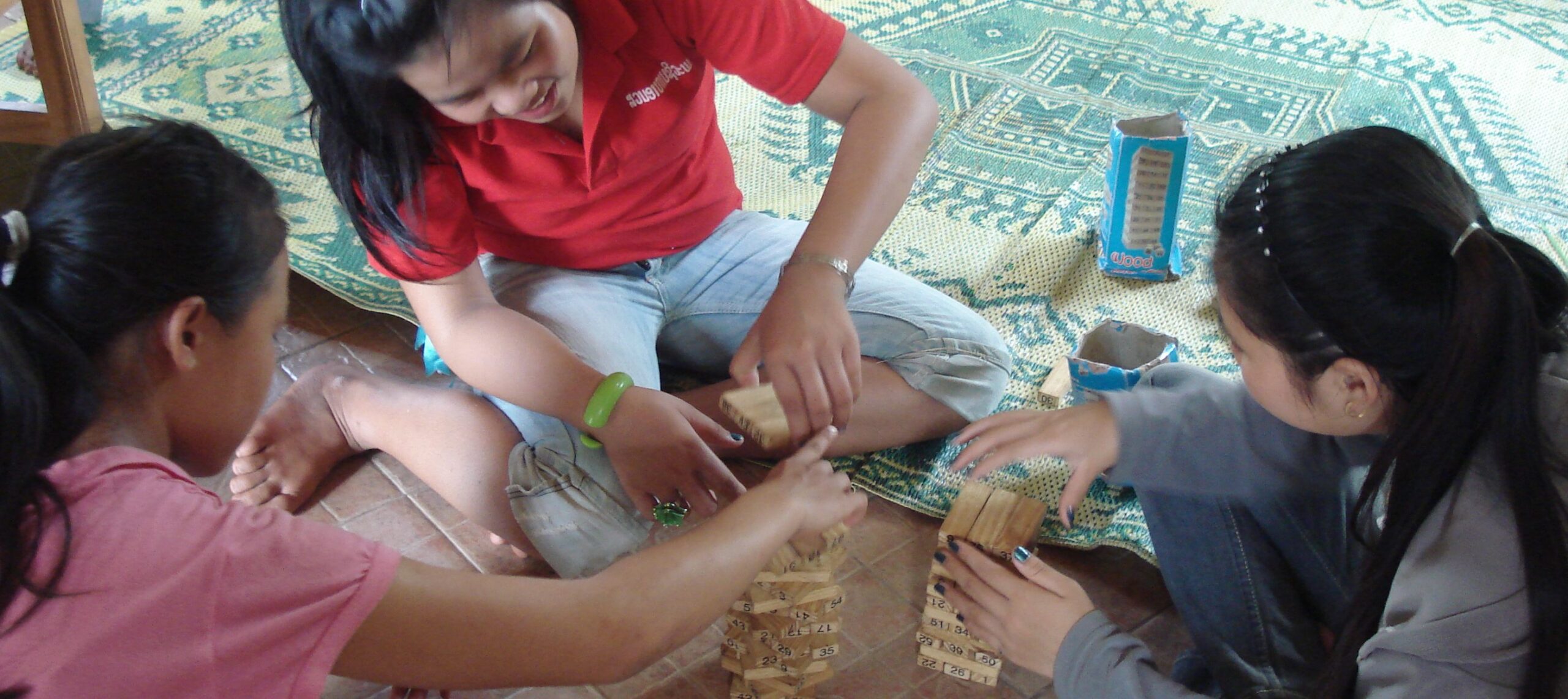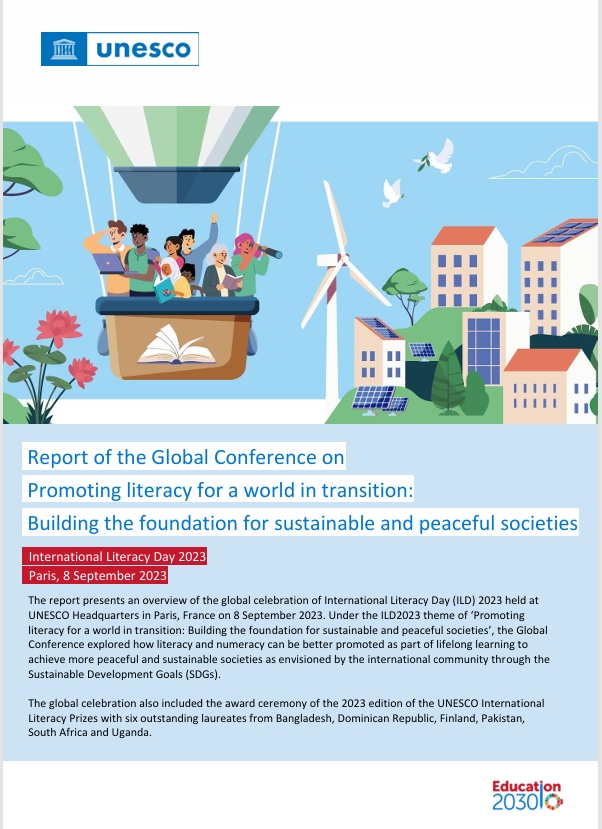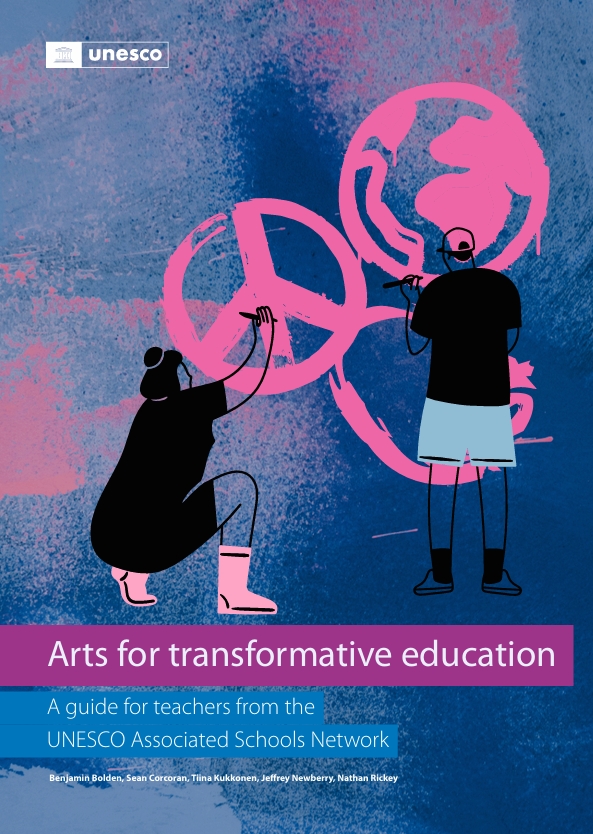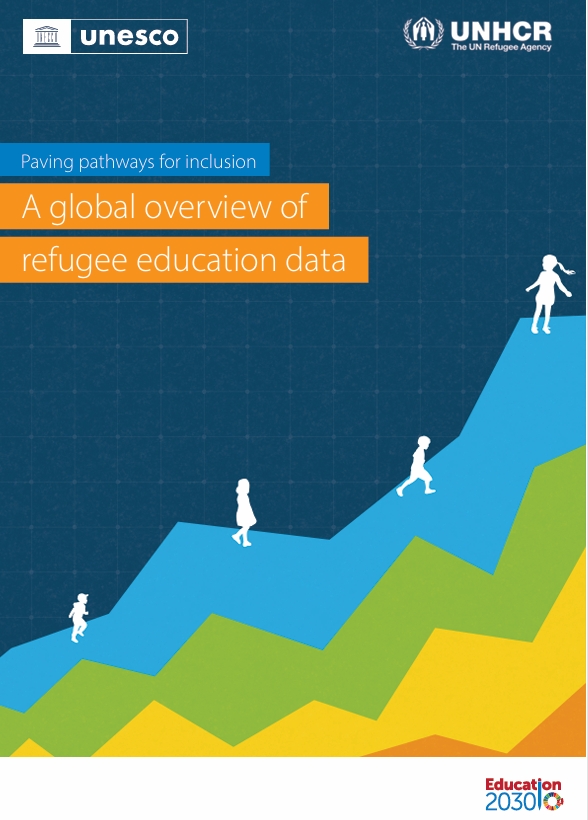Story Source: Taylor & Francis Online ~ Go to Original Article
This paper argues that Non-formal Education (NFE) has seen a remarkable revival of interest across both developing countries and the more highly developed countries. Among the factors causing this revival is the search for alternative educations to meet the needs of different groups in society. But in the process, NFE has been relocated – not so much as ‘outside’ formal educational institutions but as a different kind of learning programme within a continuum of lifelong learning covering formal, non-formal and informal learning.
It argues that the adult learning targets contained in every one of the Sustainable Development Goals (SDGs) cannot be met by formal learning programmes alone and require a much expanded non-formal education programme……………….






